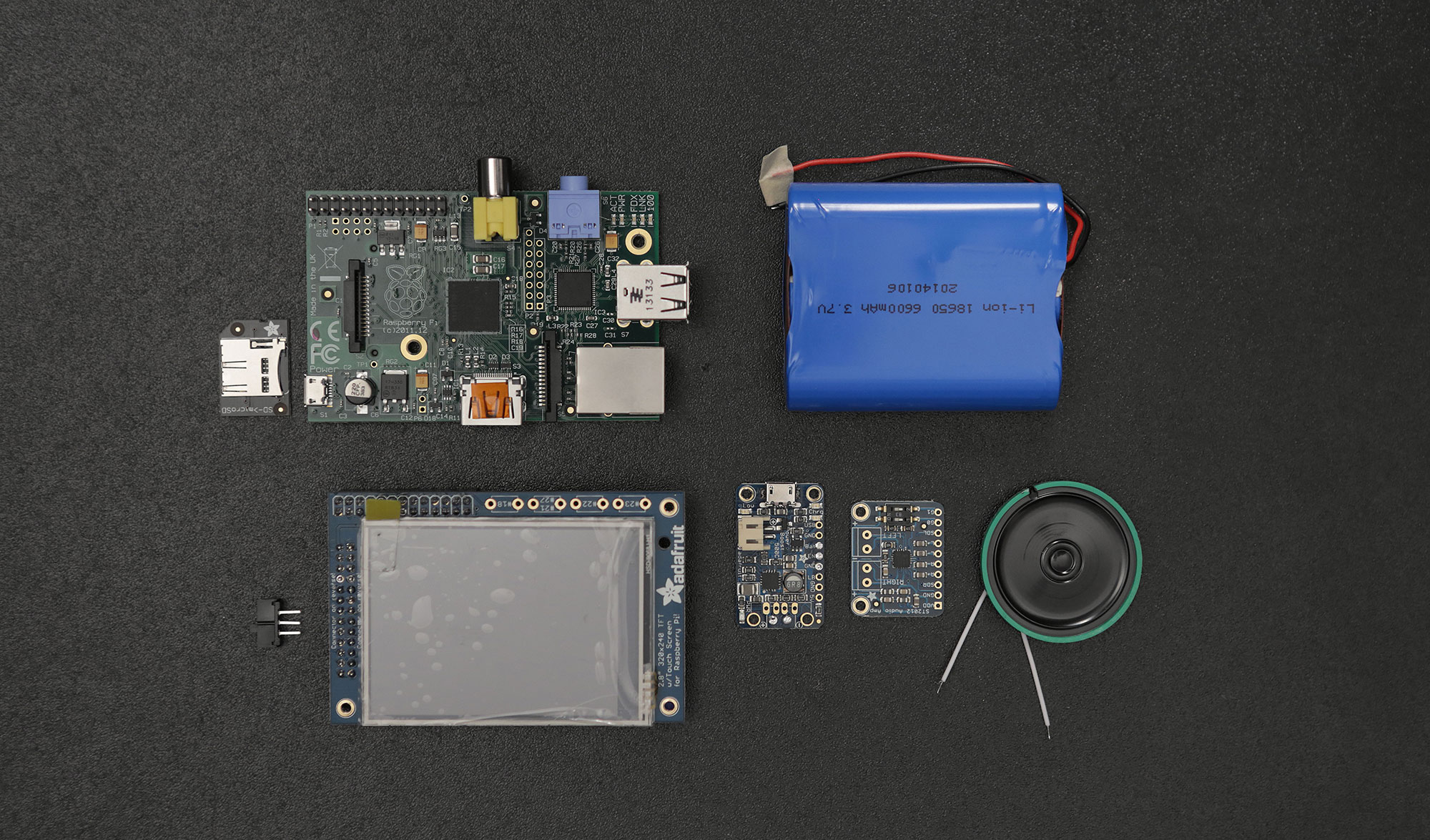

Whilst taking into consideration that Apple have now taken control of their hardware, as was stated above, reverse engineering will be a long and arduous road. Would hardly call any existing efforts to replace iOS eveveryday usable: Its just a matter of waiting for the right party to RE it enough that they can fix the linux kernel, and then you can just run any linux distro you want RetroPie is a popular emulator that allows users to play games from a wide range of consoles, including NES, SNES, Sega Genesis, and more.

Some of the popular ones include RetroPie, Lakka, PiPlay, and Recalbox. Just because it has an ARM CPU in the SoC does not immediately make it compatible, that is a simplistic notion used by people who have undertaken zero research How To Install ANDROID on an iPhone Yes, there are several free emulators that work well on Raspberry Pi 3. Just because it has an ARM CPU in the SoC does not immediately make it compatible, that is a simplistic notion used by people who have undertaken zero research Which is similar to how iOS devices get updated, *via the internet*, therefore as no one has successfully ported a working Linux Operating System to these devices in 15 years can not see that situation change. How do you get Apple M1 Hardware to boot from USB MSD so an alternative Operating System can be installed ?Īs noted here to reinstall Big Sur an internet connection is required: But no, it wouldn't be Raspberry Pi OS at that point. Once that's done, porting the Raspberry Pi OS specific UI tweaks and such to it wouldn't be a big job at all.

Plenty of Intel MacBooks out there running Linux as we speak, and unless Apple really goes out of there way to prevent it, I'd think that market segment will continue to exist and see support from the Debian community. I'd expect Debian AArch64 to eventually find it's way to the new Apple silicon.


 0 kommentar(er)
0 kommentar(er)
